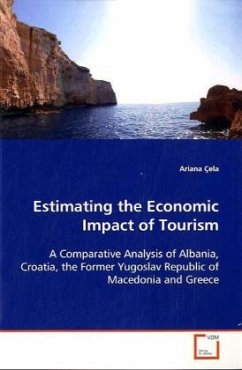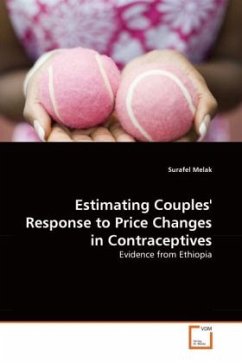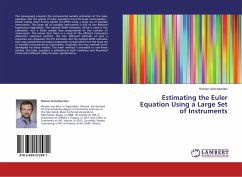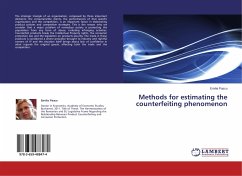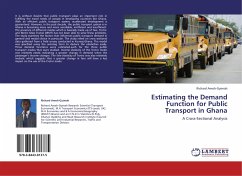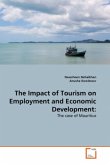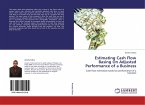Many countries promote tourism in an attempt to
increase the gross domestic product, increase
employment, improve balance of payments, enhance
community infrastructure and diversify the economic
base. While more information about the relationship
between tourism and a country s economic development
is needed, models assessing tourism economic impact
are not readily available, particularly in
developing countries.
The purpose of this study is to develop a Keynesian-
based model to assess the economic impact of tourism
on imports, investments, and governmental
expenditure in Albania, Croatia, the Former Yugoslav
Republic of Macedonia and Greece. When a country is
deciding to embark on tourism development as a
policy option, or to expand tourism industry, it
must be decided that long term benefits outweigh the
estimated costs. The model provides good instrument
for tourism policy decision makers by considering
leakages from imports, taxes and savings. It
especially will be useful to professionals in
tourism studies who may be considering utilizing it
also to estimate the impact of different types of
tourism in countries with limited data sources.
increase the gross domestic product, increase
employment, improve balance of payments, enhance
community infrastructure and diversify the economic
base. While more information about the relationship
between tourism and a country s economic development
is needed, models assessing tourism economic impact
are not readily available, particularly in
developing countries.
The purpose of this study is to develop a Keynesian-
based model to assess the economic impact of tourism
on imports, investments, and governmental
expenditure in Albania, Croatia, the Former Yugoslav
Republic of Macedonia and Greece. When a country is
deciding to embark on tourism development as a
policy option, or to expand tourism industry, it
must be decided that long term benefits outweigh the
estimated costs. The model provides good instrument
for tourism policy decision makers by considering
leakages from imports, taxes and savings. It
especially will be useful to professionals in
tourism studies who may be considering utilizing it
also to estimate the impact of different types of
tourism in countries with limited data sources.

